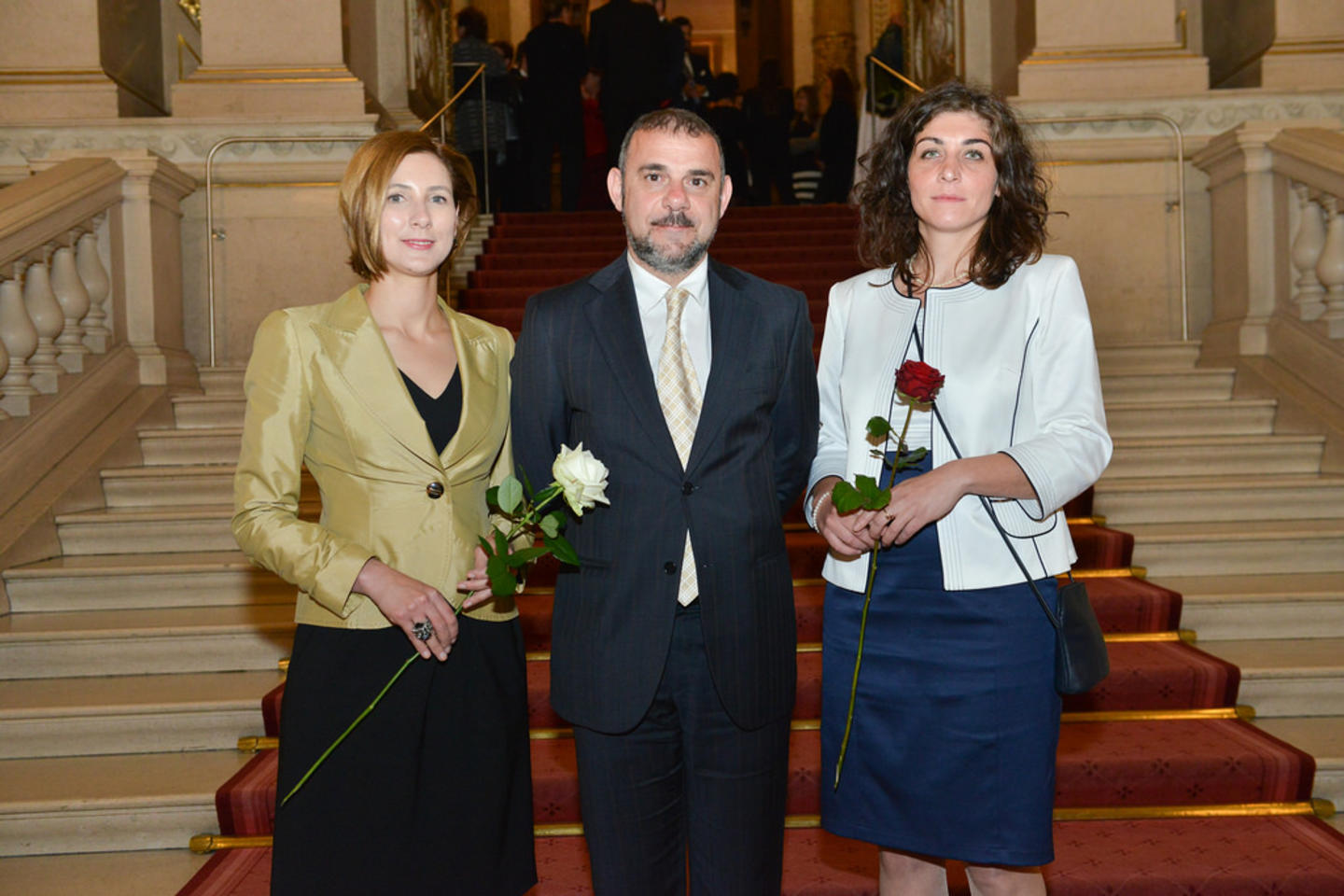One of the projects -'From a Rusty City to a New Miskolc' (Hungary) - scooped one of the six Grand Prix top prizes, honoured for its work in education and awareness-raising. The Home for Cooperation - an educational centre in the Buffer Zone of Nicosia in Cyprus - and the Historical Route of Torres Vedra in Portugal, were both winners in the 'Conservation' category. In total, 160 projects were nominated, with 27 receiving awards. The awards were presented by Androulla Vassiliou, European Commissioner for Education, Culture, Multilingualism and Youth, and world-renowned opera singer and President of Europa Nostra, Plácido Domingo.
"Europe's heritage is the envy of the world - and these projects are the best of the best. It is important that we celebrate the talent of our superb craftspeople and professionals, as well as the wonderful work of volunteers who ensure that the treasures of our past can be enjoyed by millions of people today - and safeguarded for future generations," said Commissioner Vassiliou.
Heritage and diversity
The Home for Cooperation (H4C) is a unique peace project in Cyprus, standing for cooperation and unity. Through the EEA Grants, Iceland, Liechtenstein and Norway have provided support for H4C, promoting its ‘bi-communal’ outreach activities and research, education and training projects. Accessible from both sides of the divide without having to cross checkpoints, it provides a shared space that can be used by all.
Praising the project, the Jury said that "the Home for Cooperation was something to be really proud of. It constitutes a substantial contribution to the revitalistion of Nicosia’s United Nations Dead Zone as well as to the wider peacemaking procedure."
The Linhas de Torres Vedras (Historical Route of Defense Lines of Torres Vedras) is a military defence ring in Portugal made up of 152 fortresses constructed by the Duke of Wellington during the Peninsular War. Battered by erosion and gradually falling into disrepair, €1.5 million from the EEA Grants has helped to halt the decline. The restoration of the fortress lines has led to the establishment of a new historical sightseeing route, allowing tourists and local visitors alike a chance to enjoy and learn about the era.
Miskolc is a large city in northern Hungary, with a proud history from medieval times. However more recent times have seen sharp industrial decline. The recession has had a devastating impact with large numbers of young people moving away to find jobs. Under the Atjaro (Passage) Project, supported by the EEA Grants NGO funds, an extensive cultural heritage protection programme has been introduced. It focuses on the preservation of the city’s industrial past and the revitalisation of its surviving built heritage, promoting a renewed sense of urban identity and recreating a feeling of local pride.
Culture for growth
As well as its intrinsic value, cultural heritage brings a significant contribution to job creation and growth. Spending on conservation of cultural heritage by public and private bodies is worth an estimated €5 billion a year. Figures published by the Organisation for Economic Co-operation and Development (OECD) show that 40% of worldwide tourism has a cultural dimension. Cultural heritage is also a key resource for sustainable development and social cohesion.
More
Europa Nostra summaries of each of the projects with videos and photos
- Home for Cooperation (H4C) (Cyprus)
- Linhas de Torres Vedras (Portugal)
- Passage: From a Rusty City to a New Miskolc (Hungary)
Find out more about the EEA Grants Cultural Heritage programmes
